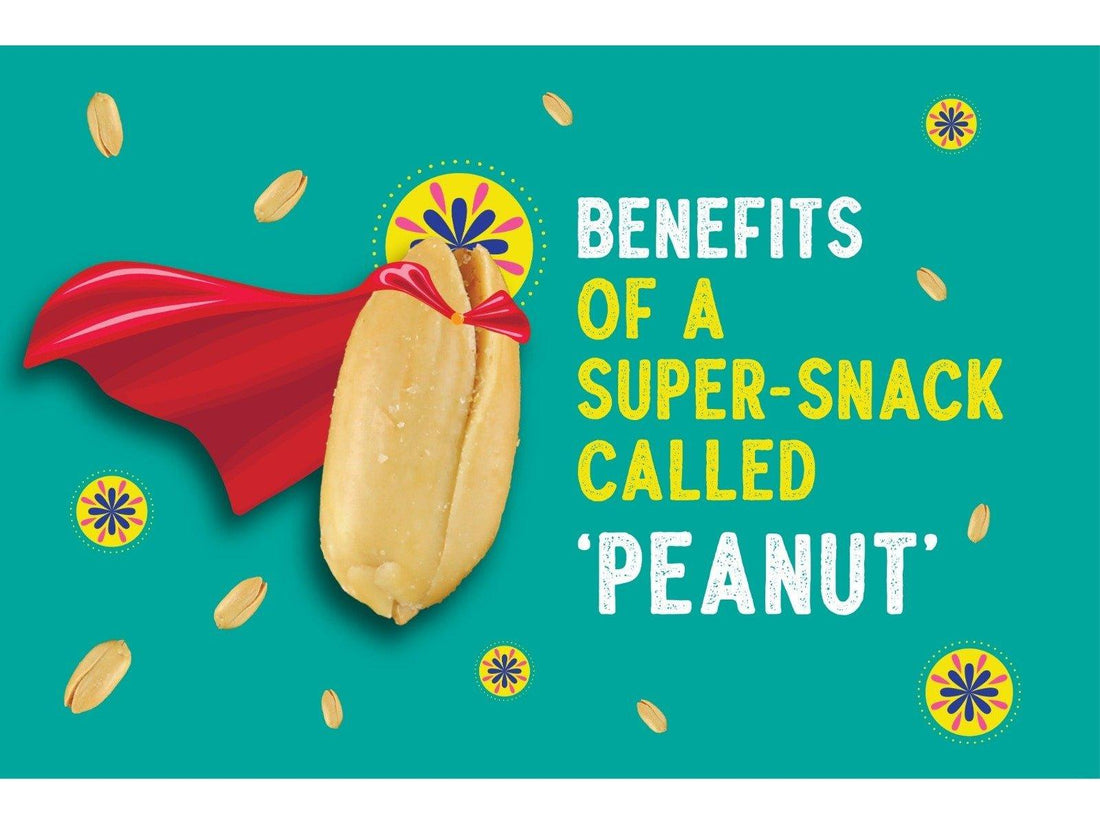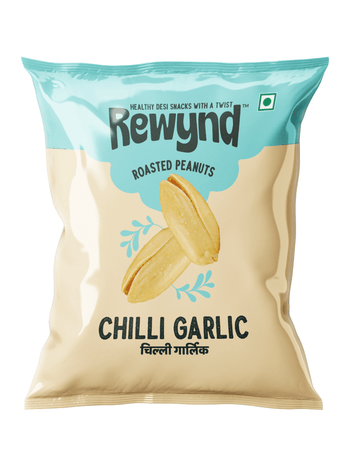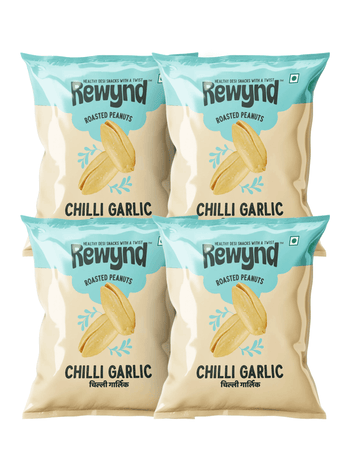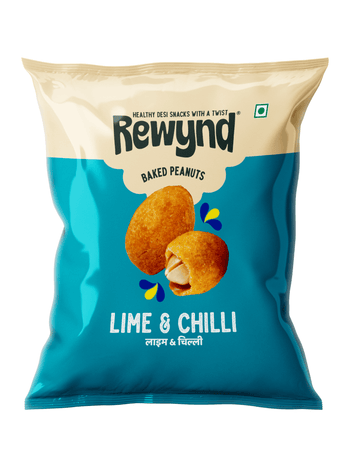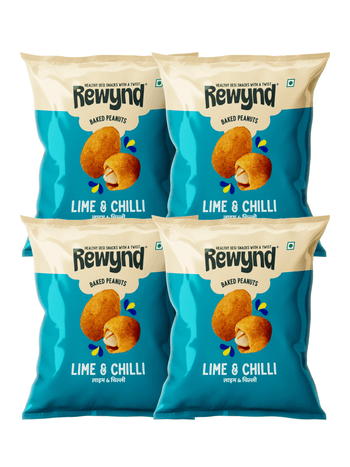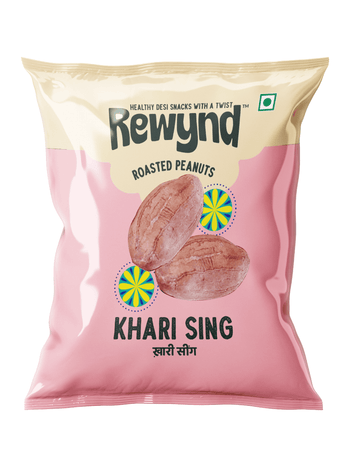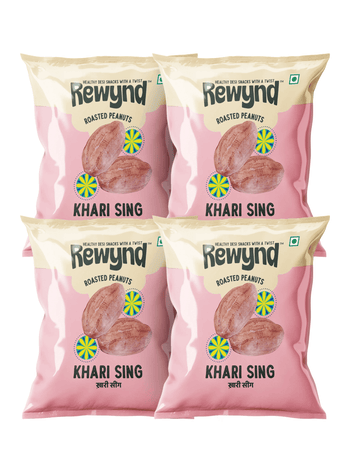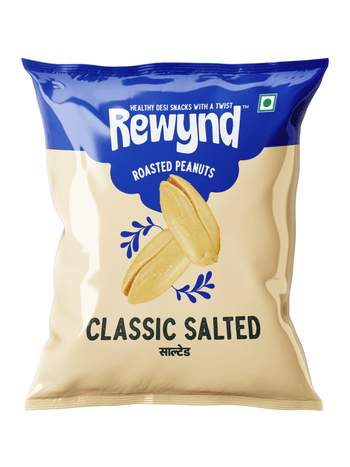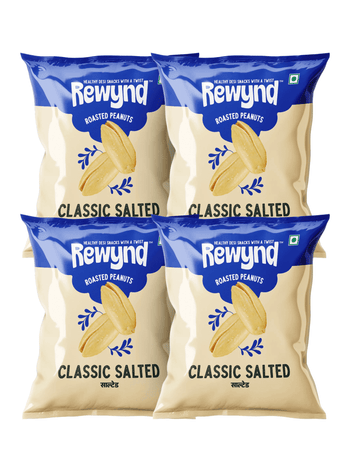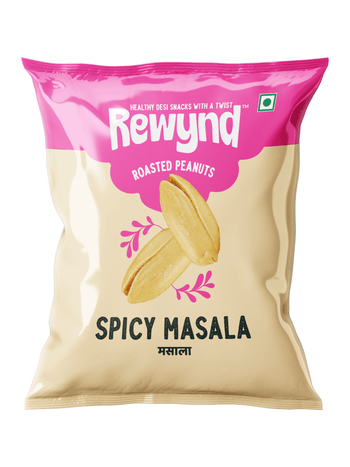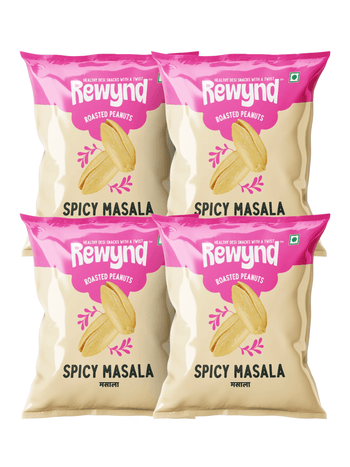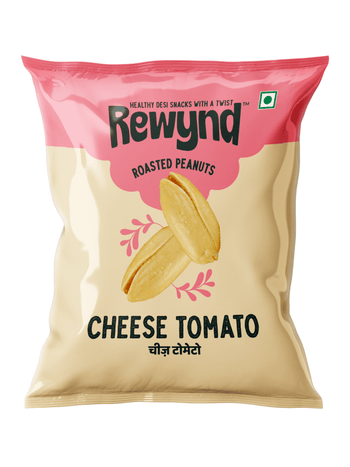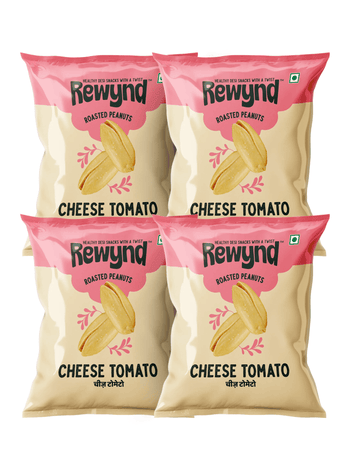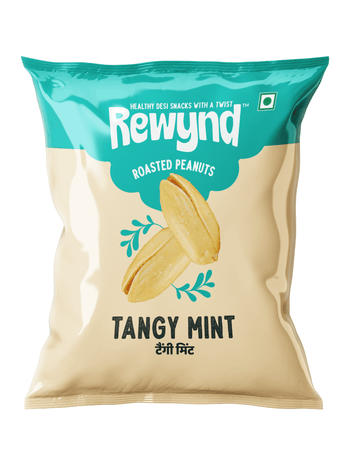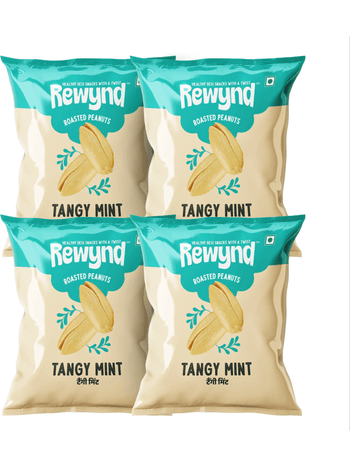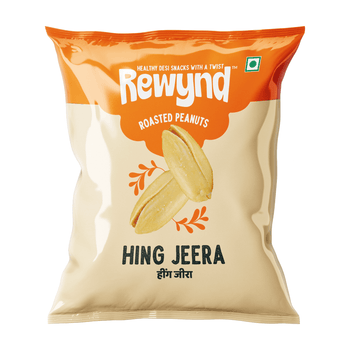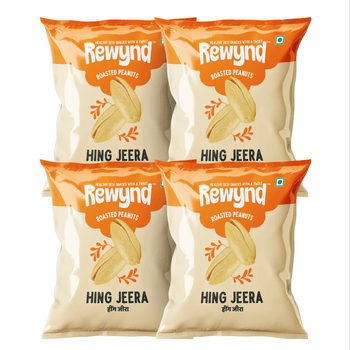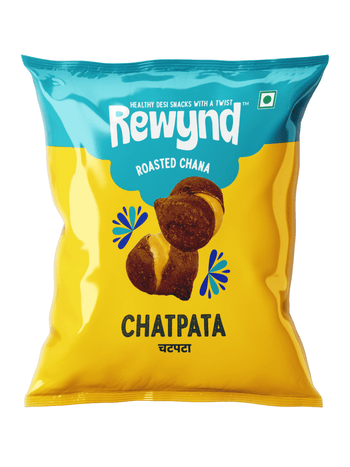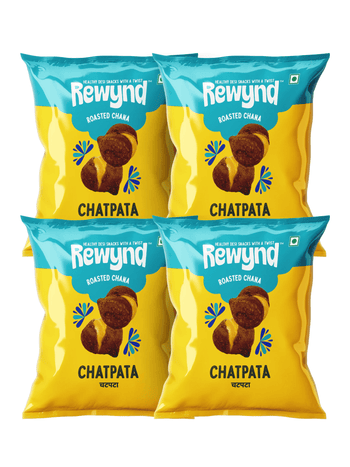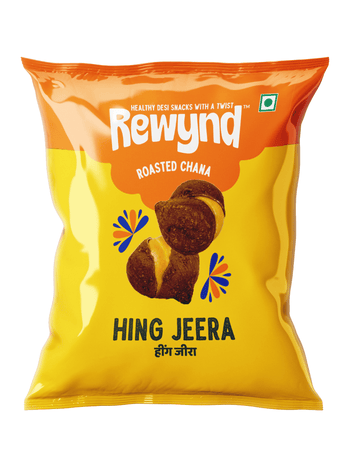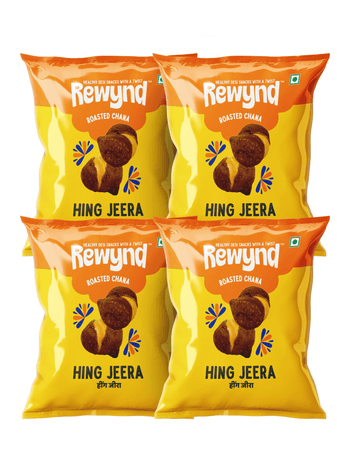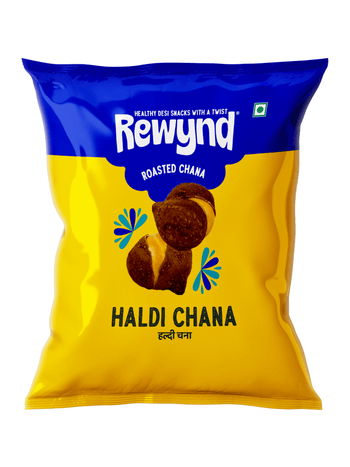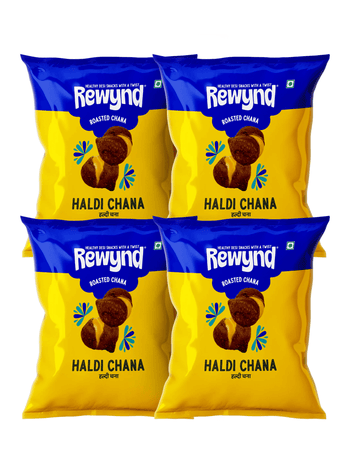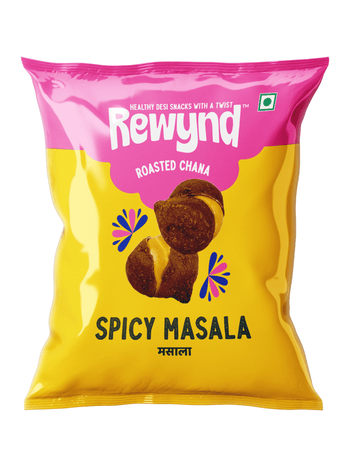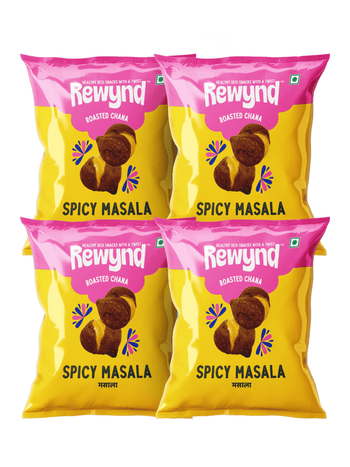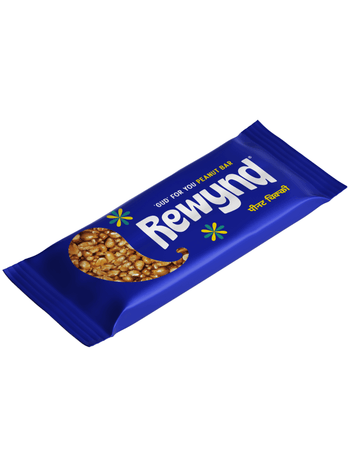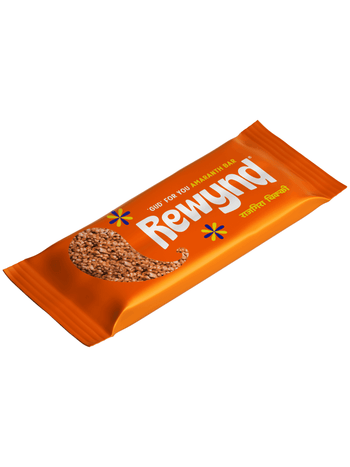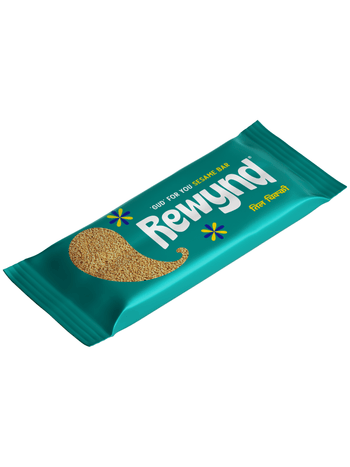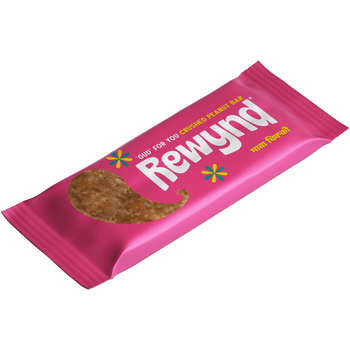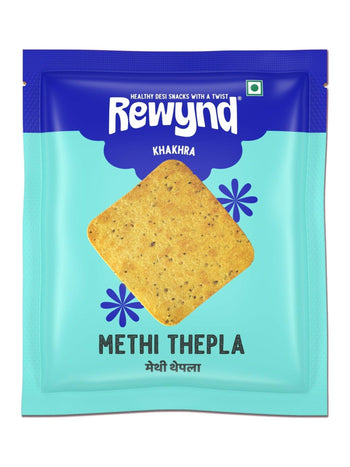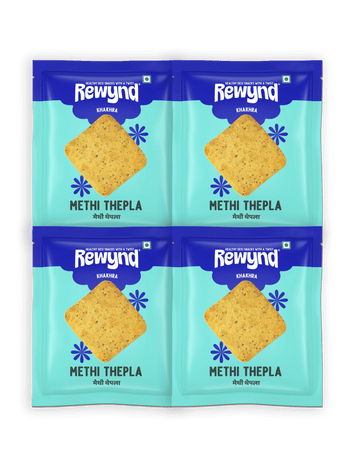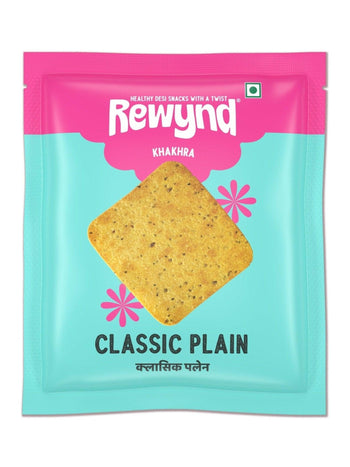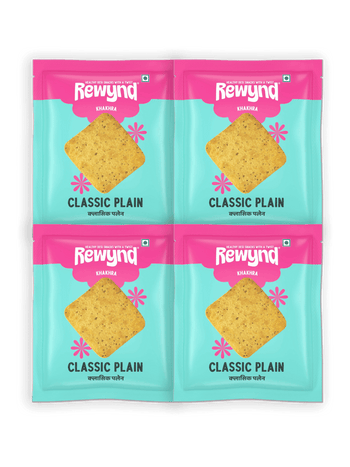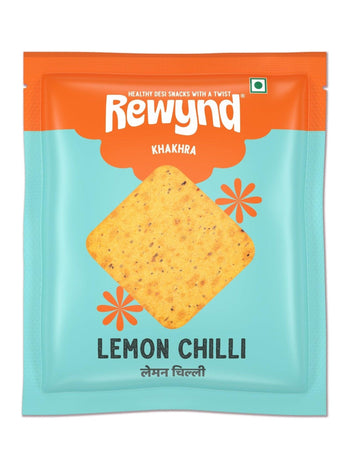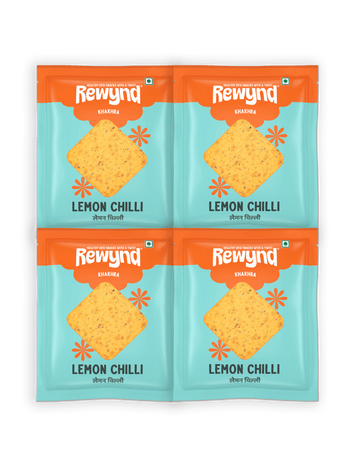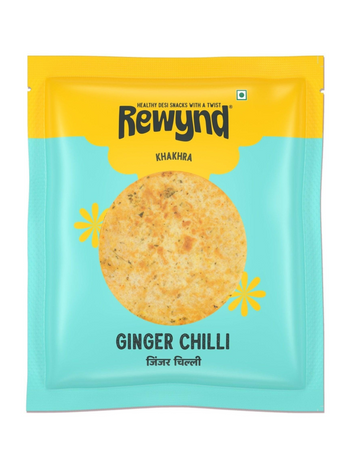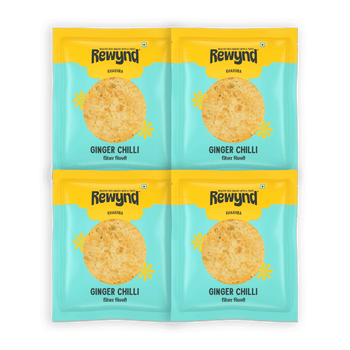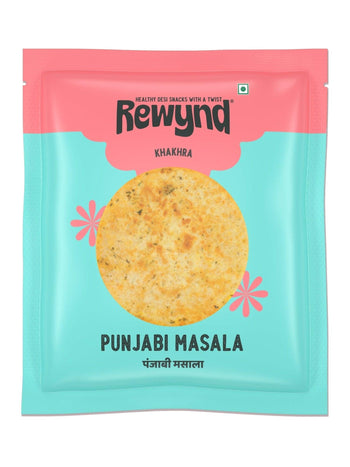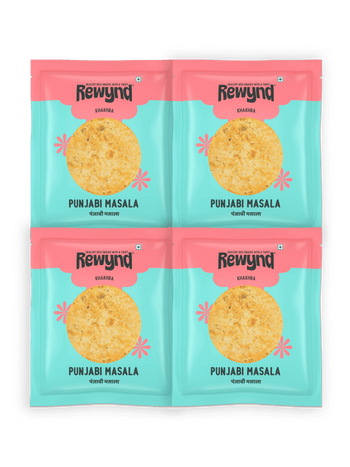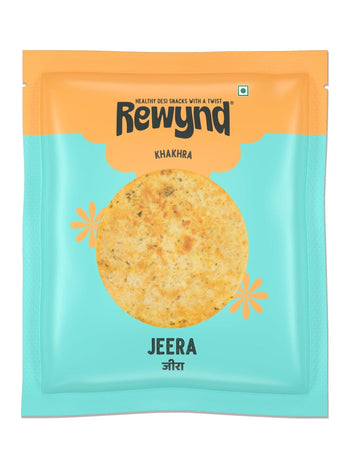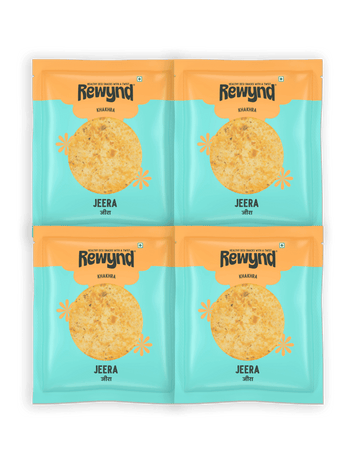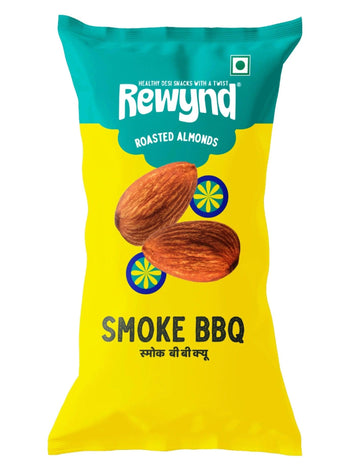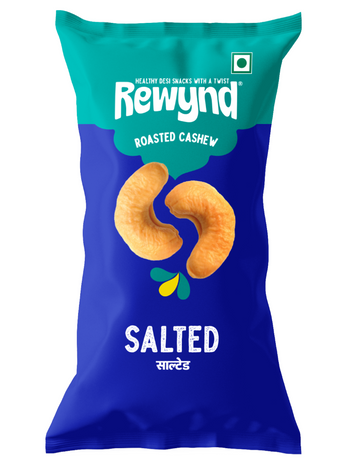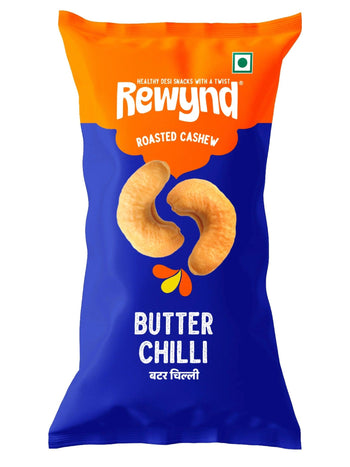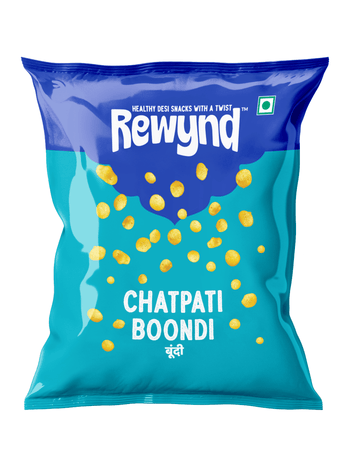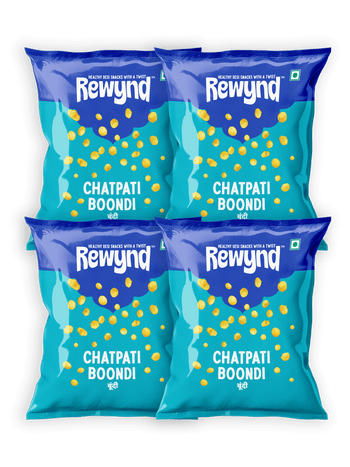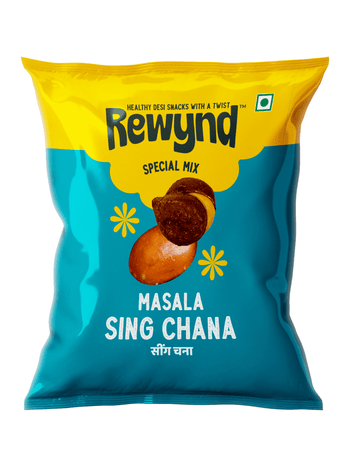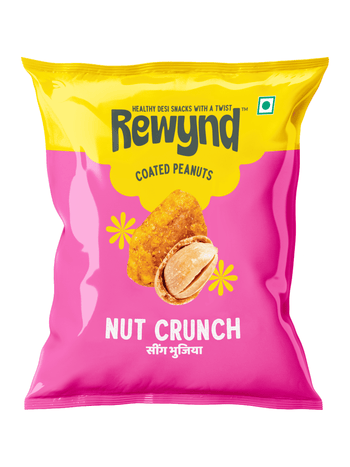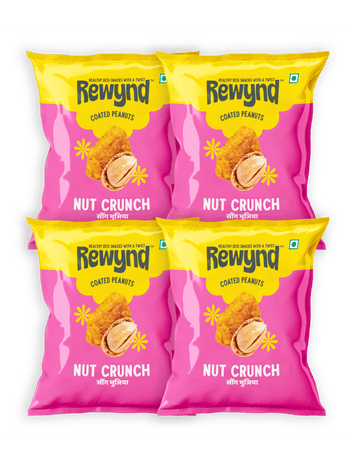Today it's time to learn a little more about peanuts . A food that you surely consume regularly as a snack or as an ingredient in a rich recipe.
Believe it or not, there are many myths that revolve around peanuts due to the amount of fat it contains. That makes us wonder if they are a good element to incorporate into our healthy diet.
Have you ever wondered where people who don't consume anything from animals get protein from?
Well, peanuts and walnuts are a source of protein and being oleaginous, they contain monounsaturated and polyunsaturated fats that are healthier for the body because they lack cholesterol unlike saturated ones, which are precisely provided by animals.

The Incredible Health Benefits of Peanuts
Peanuts are packed with essential nutrients and are a great source of healthy fats, vitamins, and minerals. They are also a great source of fibre and protein, and can help to improve cholesterol levels.
Peanuts are also a great source of antioxidants, which can help to protect the body from free radicals. Also Peanuts are a valuable source of monounsaturated fats, which can help to reduce inflammation and reduce the risk of some types of cancer.
Let's take a look at why peanuts are so awesome for our health:
1. Good for Heart
Peanuts have a special kind of fat that's really friendly to our heart. This fat can help lower the bad stuff in our blood that can clog up your heart. So, eating peanuts can be like giving our heart a high-five!
2. Protein-Packed Nutritional Boost
For those seeking plant-based protein sources, peanuts are a fantastic choice. With nearly 26 grams of protein per 100 grams, peanuts provide a substantial protein boost, supporting muscle development and overall growth.
3. Fibre for Digestive Health
Peanuts are a good source of dietary fibre, providing about 8.5 grams per 100 grams. Fibre is crucial for digestive health, aiding in regular bowel movements and promoting a feeling of fullness, which can help with weight management.
4. Vitamins and Minerals Galore
Peanuts are rich in various vitamins and minerals, including vitamin E, niacin, and folate. These nutrients play vital roles in maintaining good health, from supporting skin health to aiding in cognitive function.
5. Antioxidant Arsenal
Peanuts contain potent antioxidants, such as resveratrol, which help protect your cells from damage caused by harmful free radicals. Antioxidants are essential for overall health and may contribute to a reduced risk of chronic diseases.
6. Blood Sugar Control
Peanuts have a low glycemic index, which means they have a minimal impact on blood sugar levels. This quality can be especially beneficial for individuals with diabetes or those looking to manage their blood sugar effectively.
7. Satiety and Weight Management
Despite being calorie-dense, peanuts have a remarkable ability to make you feel full and satisfied. Including them in your diet can help control your overall calorie intake, which may support weight management efforts.
8. A Versatile Ingredient
Beyond snacking, peanuts can be used in various culinary creations. From peanut butter to savoury dishes like stir-fries and salads, their versatility makes it easy to incorporate their health benefits into your meals.
Nutrition details you need to know about Peanuts
Note: These values are approximate differs in each individual
Nutrition in Peanuts (Per 100gm):
|
Nutrient |
Amount per 100g |
|
Calories |
567 |
|
Protein |
25.8 grams |
|
Sugar |
4.7 grams |
|
Carbohydrates |
16.1 grams |
|
Water |
7% |
|
Dietary Fibre |
8.5 grams |
Sources: https://www.healthline.com/nutrition/foods/peanuts
Fats in Peanuts:
Peanuts are high in fatty, and they're actually considered oilseeds. A lot of peanuts grown worldwide are used to make peanut oil, also known as arachis oil.
Now, when we talk about the fat in peanuts, it makes up about 44% to 56% of their total content. That's a good chunk! But here's the thing: it's not the unhealthy kind of fat you might be worried about. Most of the fat in peanuts is the good stuff - the kind that's good for your heart.
This good fat mainly comes in two forms: monounsaturated and polyunsaturated fats. And if we get even more specific, it's mostly made up of oleic and linoleic acids.
These fats can actually be quite beneficial for your health, especially when enjoyed in moderation as part of a balanced diet. So, don't be too concerned about the fat in peanuts; it's mostly the heart-healthy kind!
|
Total Fats |
49.2 grams |
|
Saturated Fat |
6.28 grams |
|
Trans Fat |
0 grams |
|
Polyunsaturated Fat |
15.56 grams |
|
Monounsaturated Fat |
24.43 grams |
|
Omega-3 Fatty Acids |
0 grams |
|
Omega-6 Fatty Acids |
15.56 grams |
Let’s See how each Fats works in the body or How important these Fats are for our body.
1. Saturated Fat (6.28 grams):
-
Saturated fats are like bricks in the structure of your body.
-
They help build cell membranes and provide stability. But too much of them can clog your "construction site" (arteries), leading to health problems.
-
Peanuts have some, but not too much.
2. Monounsaturated Fat (24.43 grams):
- Monounsaturated fats are the "repair workers" in your body.
- They help fix damaged cells and keep everything running smoothly.
- Peanuts are rich in Monounsaturated Fat, making them great for repairs.
3. Polyunsaturated Fat (15.56 grams):
- Polyunsaturated fats are like messengers in your body, passing along important signals.
- They help control inflammation, blood clotting, and more. Peanuts have a good amount of these messengers.
4. Omega-3 Fatty Acids (0 grams):
- Omega-3s are special fats that are like superheroes for your heart and brain.
- They can reduce the risk of heart disease and boost brainpower.
- Peanuts don't have many of these, but you can find them in fish like salmon.
5. Omega-6 Fatty Acids (15.56 grams):
-
Omega-6s are also important for our body, but we need to keep a balance between Omega-3s and Omega-6s.
-
Too much Omega-6 can lead to inflammation.
-
Peanuts contain a fair amount of Omega-6s.
6. Trans Fat (0 grams):
- Trans fats are like troublemakers.
- They can harm your health by raising bad cholesterol levels and causing other problems.
- Thankfully, peanuts have none of these troublemakers.
So, when you enjoy peanuts, you're getting a mix of different fats that can play different roles in your body's "construction and maintenance."
Using peanuts in your cooking can add a delightful crunch and a nutty, earthy flavour to your dishes.
Let’s explore the ways of using peanuts one by one.
- Snacking: Roasted peanuts make for an excellent, protein-rich snack. You can enjoy them plain or lightly salted for a quick and satisfying munch.
- Peanut Butter: Peanut butter is a versatile ingredient. Spread it on bread or crackers, use it as a dip for fruits or vegetables, or blend it into smoothies for a creamy texture and nutty flavour.
- Salads: Toss roasted or chopped peanuts into your salads for an extra layer of texture and flavour. They pair wonderfully with vegetables, fruits, and leafy greens.
- Stir-Fries: Peanuts can add a delightful crunch and depth of flavour to stir-fried dishes. Just sprinkle some crushed peanuts on top before serving.
- Noodles: Crushed or chopped peanuts are a classic garnish for noodle dishes like pad Thai. They provide a satisfying contrast to the soft noodles and savoury sauces.
- Trail Mix: Create your own custom trail mix by combining peanuts with dried fruits, seeds, and a touch of chocolate for a balanced and energy-boosting snack.
- Baking: Add peanuts to your baked goods for a nutty twist. They work well in cookies, muffins, and even bread.
- Peanut Sauce: Make a flavorful peanut sauce by blending peanuts with ingredients like soy sauce, garlic, ginger, and a touch of sweetness. It's perfect for drizzling over grilled chicken, vegetables, or noodles.
- Peanut Soup: Explore international cuisine with dishes like African peanut soup, which combines peanuts with vegetables, spices, and sometimes even meat or tofu for a hearty and satisfying meal.
- Desserts: Garnish your ice cream, yoghurt, or desserts with crushed peanuts for an extra crunch and flavour.
- Peanut Brittle: If you enjoy making sweets, try your hand at making peanut brittle. It's a crunchy and sweet treat that's easy to prepare.
- Peanut-Crusted Proteins: Crushed peanuts can be used as a coating for proteins like chicken or fish, adding a crispy texture and nutty flavour when baked or fried.
FAQs
-
Are Peanuts Good for Weight Loss?
Peanuts can help with weight loss when eaten in moderation. They're filling and can make you feel full, so you eat less. But be mindful of portion sizes, as they are calorie-dense.
-
Is It Good to Eat Peanuts Every Day?
Yes, it's generally okay to eat peanuts every day as part of a balanced diet. They offer various health benefits, but like any food, moderation is key to avoid overdoing it on calories.
-
Is Peanut Good for Cholesterol?
Yes, peanuts can be good for cholesterol. They contain healthy fats that can lower bad LDL cholesterol, reducing the risk of heart problems. However, remember to enjoy them as part of a balanced diet.
-
How to Eat Peanuts for Weight Gain?
To gain weight with peanuts, include them as snacks or in meals to increase your daily calorie intake. Pair them with other foods rich in protein and healthy fats to support healthy weight gain.
-
How Much Peanuts Per Day?
The recommended daily amount of peanuts varies, but a small handful (about 1 ounce or 28 grams) as a snack is a reasonable portion. However, consult with a nutritionist for personalised advice based on your dietary needs and goals.
